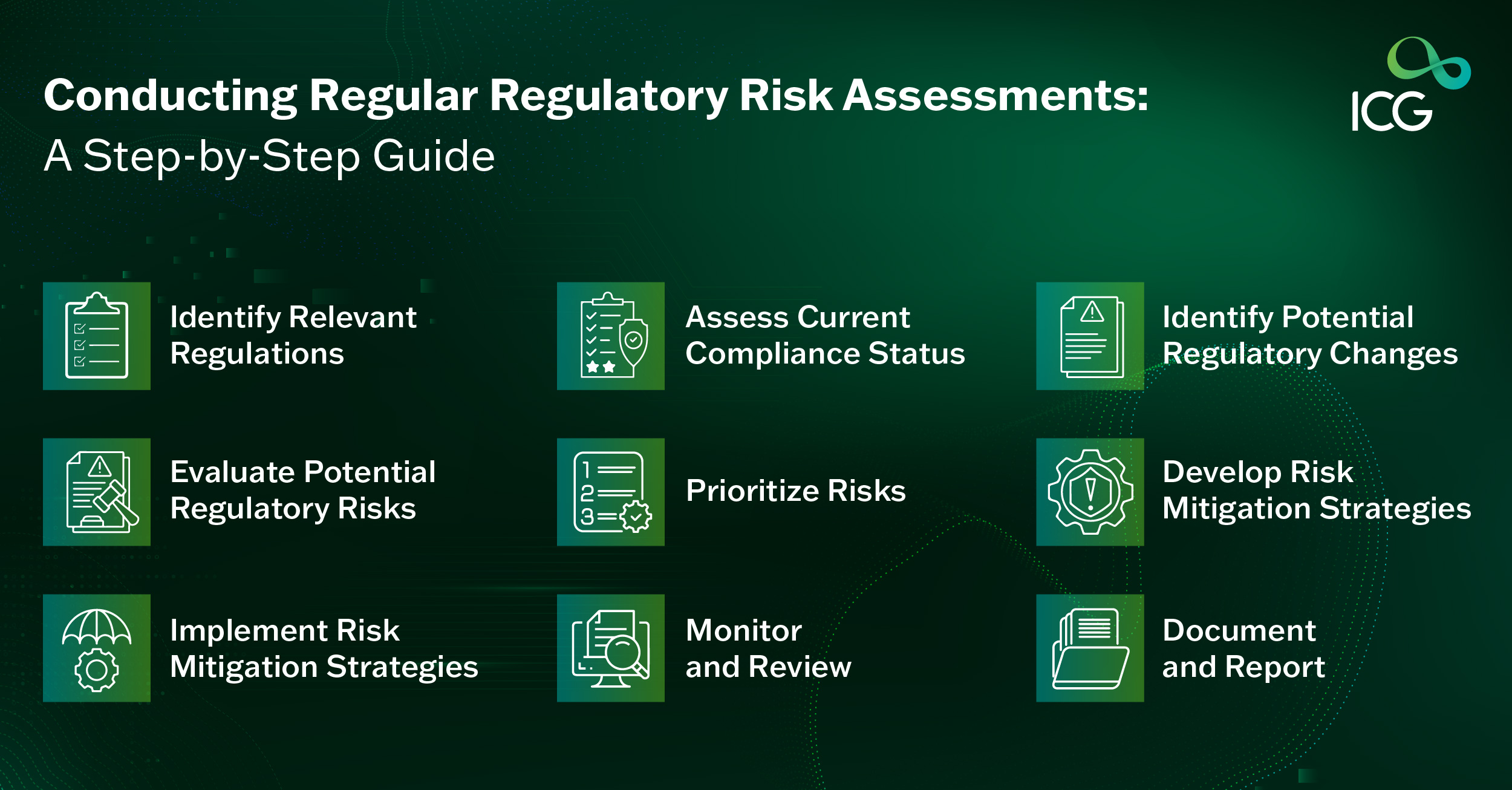Impact entrepreneurs are at the forefront of innovation, driving positive change through their businesses. However, their journey is often fraught with regulatory challenges that can hinder growth and impact. This blog post will delve into the complexities of the regulatory setting and provide practical advice to help impact entrepreneurs overcome these hurdles.
Understanding the Regulatory Setting
The regulatory setting is a complex web of laws, rules, and standards that govern business operations. For impact entrepreneurs, this complexity is often compounded by the unique nature of their ventures, which may involve social or environmental initiatives.
To effectively navigate this setting, it’s essential to:
Identify Relevant Regulations
Sector-Specific Regulations: Understand the specific regulations governing your industry, such as healthcare, education, or renewable energy.
Geographic Regulations: Consider the rules applicable to the regions where you operate or plan to expand. This includes federal, state, and local laws and international rules if you have global operations.
Impact-Related Regulations: Familiarize yourself with regulations related to social and environmental impact, such as sustainability standards, labor laws, and environmental protection regulations.
Stay Updated
Monitor Regulatory Changes: Monitor any regulation changes that may affect your business. This includes new legislation, regulatory updates, and changes in interpretation.
Engage with Regulatory Bodies: Build relationships with regulatory agencies to stay informed and seek guidance. Attend industry conferences, webinars, and workshops to learn about regulatory developments.
Leverage Industry Associations: Join industry associations to receive updates, participate in discussions on regulatory issues, and collaborate with other impact entrepreneurs.
Conduct Regular Regulatory Risk Assessments

Identify Potential Risks: Assess the regulatory risks that may impact your business, such as fines, penalties, or reputational damage.
Develop Mitigation Strategies: Create strategies to mitigate these risks, such as implementing robust compliance programs, conducting regular audits, and training employees on regulatory requirements.
Build Strong Relationships with Regulators
Communicate Proactively: Maintain open and transparent communication with regulatory agencies.
Demonstrate Compliance: Show regulators you are committed to compliance by adhering to all relevant regulations and standards.
Seek Clarification: If you have any questions or concerns about regulatory requirements, don’t hesitate to seek clarification from regulatory authorities.
Utilize Technology
Compliance Management Software: Employ technology solutions to automate compliance tasks, track regulatory changes, and manage compliance documentation.
Data Analytics: Use data analytics to identify potential compliance risks and improve compliance efforts.
Addressing Regulatory Challenges
Once you’ve identified the relevant regulations, you can address their challenges. Here are some strategies to consider:
Proactive Compliance
Develop a Comprehensive Compliance Program: Create a detailed compliance program that outlines your organization’s commitment to regulatory adherence.
Assign Clear Responsibilities: Clearly define roles and responsibilities for compliance within your organization.
Implement Robust Procedures: Establish effective procedures for monitoring, reporting, and addressing compliance issues.
Seek Expert Advice
Consult with Legal Counsel: Engage experienced legal counsel to guide on regulatory matters.
Utilize Regulatory Consultants: Consider hiring regulatory consultants to help navigate complex regulations.
Engage with Policymakers
Participate in Public Comment Periods: Provide input on proposed regulations that may impact your business.
Lobby for Regulatory Reform: Advocate for regulation changes that hinder innovation and impact.
Build Relationships with Policymakers: Develop relationships with policymakers to influence regulatory decisions.
Leverage Technology
Utilize Compliance Software: Employ technology solutions to automate compliance tasks and streamline processes.
Implement Data-Driven Compliance: Use data analytics to identify potential risks and improve compliance efforts.
Navigating regulatory hurdles is a significant challenge for impact entrepreneurs. However, by understanding the regulatory setting, proactively addressing compliance issues, and seeking expert advice, you can overcome these obstacles and drive positive change. Remember, regulatory compliance is not just a legal requirement; it’s an opportunity to build trust, enhance your reputation, and ultimately achieve your impact goals.
The ICG Approach
At ICG, we offer a customized approach that empowers your teams with the latest insights and technology expertise to navigate the demands of today’s digital age. As Saudi Arabia embarks on its digital transformation journey, ICG plays a pivotal role in shaping the Kingdom’s tech landscape by providing cutting-edge solutions, strategic consultancy, and fostering innovation. Our comprehensive guidance, from fundamental concepts to practical implementation, helps organizations mitigate risks, stay ahead of the competition, and unlock their full potential in the accelerating digital environment.
Ready to talk?
Request your free Consultation to learn more about ICG’s capabilities and enablement to embark on a transformative expedition toward the summit of success.








